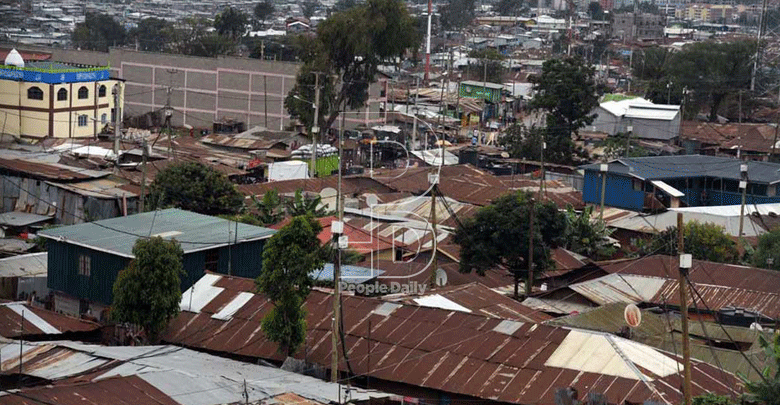Daycare centres where alcohol replaces lullabies

Children in a majority of daycare centres in Karagita area of Naivasha, Nakuru county, and Kawangware in Nairobi live in appalling conditions, a new report reveals.
The report by Africa Early Childhood Network (AfECN) shows that some daycare centres in Naivasha go to the extent of drugging children or plying them with alcohol to sleep.
According to the report, some caregivers entrusted by mothers, a majority of them flower farm workers, to look after their babies admitted to giving minors the banned codeine syrup and alcohol to lull them to sleep.
“Some informal daycare centres of Karagita are pointed to as the source of rickets, diarrhea, malnutrition and pneumonia. Mothers, the majority of whom are single parents, are pushed by circumstances to resort to daycare centres unaware of the harm they are subjecting their children to,” the report released yesterday says.
According to the report, daycare centres target working mothers who cannot afford to hire house helps and charge as low as Sh50 per baby per day. The situation is worsened by the fact that most of the farms do not have formal childcare centres for working mothers.
Although there is need for childcare services in informal settlements, many parents are not able to pay for the services.
Mothers were concerned about both the quality and the cost of daycare, which on average cost about 17 per cent of their monthly wages, thus preventing many of them from using the services.
The survey titled The Informal Daycare Centres of Karagita, a Child Health Perceptive, targeted Karagita, an informal settlement in Naivasha where most residents work in flower farms.
According to the report, a majority of flower farm workers are women who rent single rooms where they raise their children single-handedly.
During the survey, it emerged that the county government did not know the exact number of informal daycare centres and who is supposed to regulate them.
The survey identified 30 informal daycare centres in Karagita.
In Kawangware, Nairobi the survey established poor quality of services and limited resources in daycare centres.
The caregivers operate from their own houses, mostly tiny rooms which are dimly lit and have poor ventilation.
“Children use resources available in the house, including sleeping and playing on caregivers’ bed and seats.
Children who are enrolled in such centres are not just at risk of physical harm, infection and airborne diseases but are missing out on stimulation and play at a crucial time for their development,” says the report.
Poor nutrition
The report also indicates the informal daycare centres in Karagita were opened as early as 4am and closed as late as midnight.
“These facilities operate illegally in informal centres and are manned by unqualified persons.
The centres were identified as home to most of the children admitted to the Naivasha sub-county hospital suffering from diarrhoea, pneumonia, rickets and malnutrition,” the report says.
Many of the centres also lack proper sanitation, clean water and hygienic toilets.
Overcrowding in the facilities was also a key concern, with most centres having one caregiver to 15 or more children, making individualised care difficult.
The survey showed that toddlers’ nutrition needs were largely neglected. This was attributed to meagre fees parents pay.
A plate of white rice with vegetables or beans and ugali was the main meal for lunch in 20 facilities surveyed.
“Besides the danger of communicable diseases, children in low-income areas face the daily dangers of malnutrition, which may affect their growth and learning,” says the report.
The findings showed the need for support for daycare facilities in low-income areas and interventions such as feeding programmes to lighten the burden of parents as well meet immediate and long-term health needs of the children.
“Facilities like this put children at risk of malnutrition, infections, child abuse and delayed development.
As a result, about 300,000 pre-school children aged four years and below in Nairobi’s low-income areas are at risk of poor mental and social development because of the sub-standard childcare environments,” it adds.
The report recommends that governments, both at national and county, provide access to childcare services including government-funded and initiated community-based childcare centres.
“This support would take the form of capacity building, subsidising the payments for families that are unable to meet the rates charged by these facilities and offering supportive supervision to help enhance quality and improve standards for services to the children,” recommends the report.







